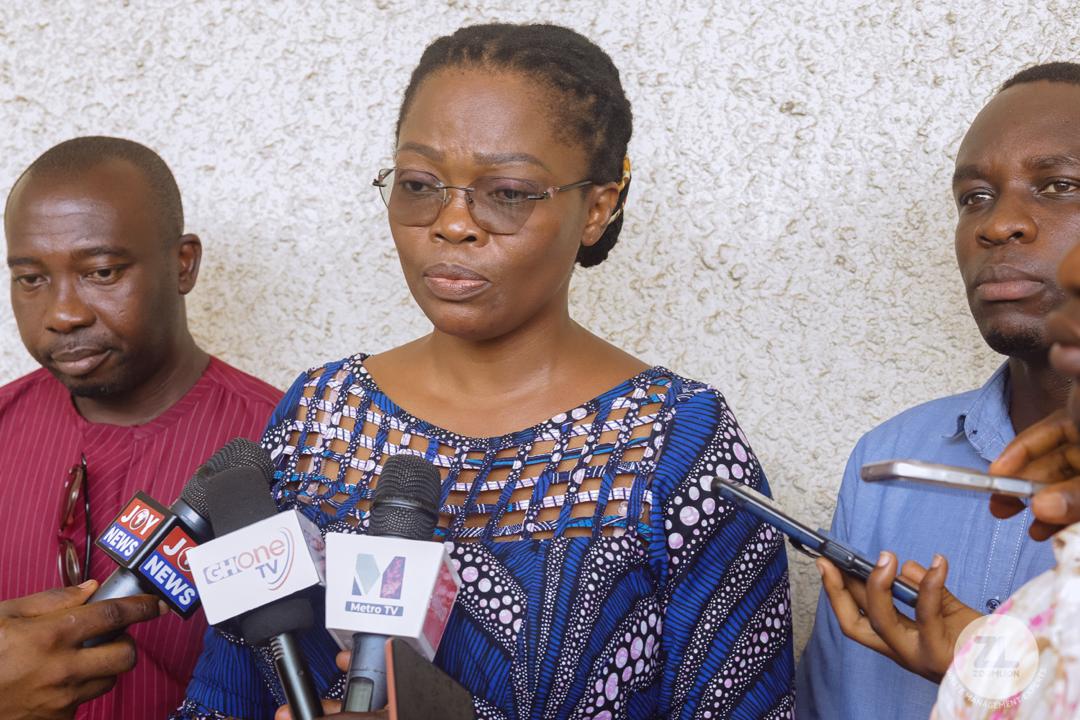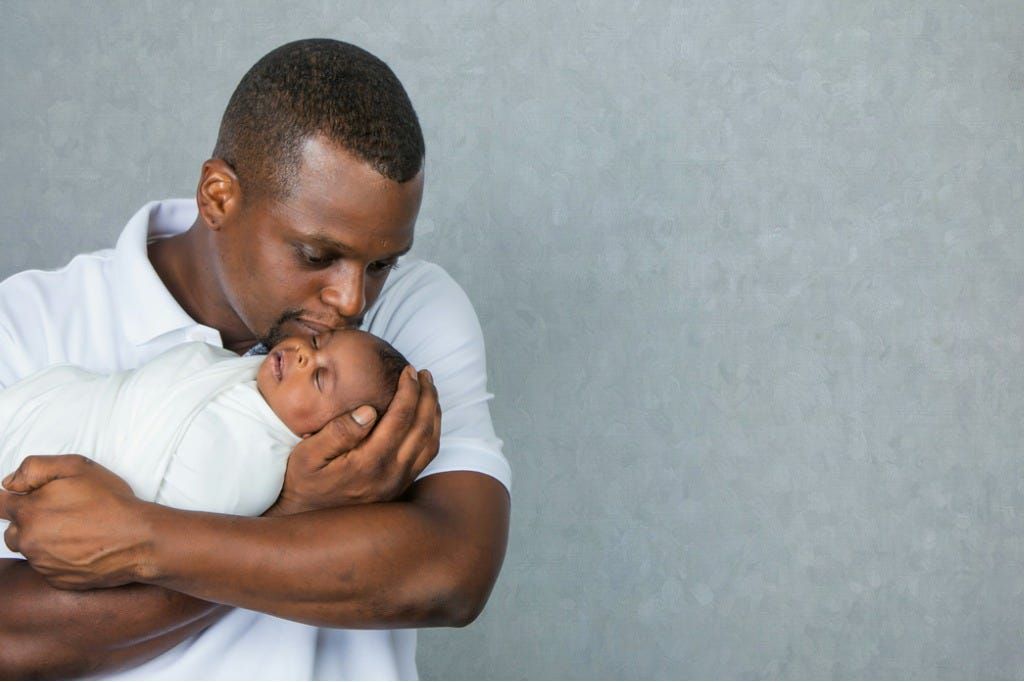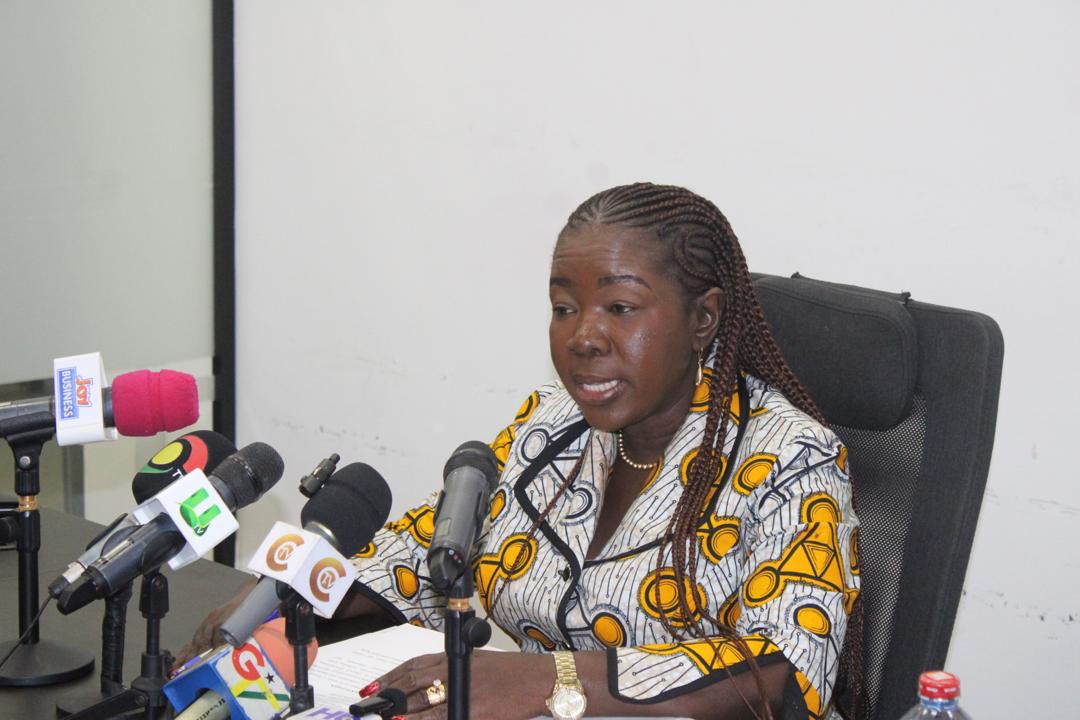
Infants, adolescents and adults may be affected in one way or the other by sickness. The effects can be devastating as it may rid them of joy, peace, finances and even relationships. Consequently, they feel hopeless, helpless and sometimes forgotten. Ultimately, they end up needy! Hwang et al. (2013), describes “needy patients” as individuals who have multiple chronic conditions, functional limitations, and/or behavioral health needs, often compounded by social and economic disadvantages, leading to frequent interactions with healthcare services.
In Ghana, such patients are cared for by the medical team in hospitals and later referred to Social Welfare Unit and their families for further assistance.
Family betrayal
When needy patients are referred to the Social Welfare Unit at the hospital, the first point of contact is their family members because it is assumed that they will care for them. Gone were the days when family members were a backbone for each other, a shoulder to lean on in times of distress. In fact, they had very good intentions for each other and were willing to support sick relatives and even extend help to others. But, in recent times, these happy moments seem faded.
A study by Agunbiade and Okeleye (2021) explored the gradual erosion of traditional family support systems in contemporary African societies, emphasizing how this decline undermines the provision of care—particularly for vulnerable groups who have historically relied on familiar networks for emotional, financial, and social support.
A walk through some national hospitals may reveal that the behaviors of some families towards their sick relatives (needy patients) leave much to be desired. In some hospitals, as soon as family members of needy patients are contacted, some of them either pretend to not know the patient or blatantly declare their inability to visit or help them in any form. Those who even visit do so simply to be sure of the news of their relative as well as offer a little financial assistance. This is even when luck shines on the sick relative.
Strangely, these same family members unwilling to assist their sick relative swamp into the hospital in their numbers as soon as they hear of their death. Where were they in the first place?
In fact, these behaviors leave the medical and social workers drowning in emotional labor; confused, anxious and shocked! They are unable to identify whether truly these people are the very relatives contacted when their family member was alive but unwell. As these patients occupy the beds in the wards, they contribute to the already existing no-bed syndrome that leaves some inpatients without beds distraught. Ultimately, it tarnishes the image of the hospital and workforce. Perhaps, most devastating is the sense of betrayal when families fail to support their sick relative. Family betrayal is often the result when families expected to be supportive neglect their own relative.
What is to blame?
The needy patient-family betrayal begs the question, what is to blame? The break in the extended family system where people now lean towards the nuclear family leaves individuals who do not belong to the nuclear family system bracket to suffer the hardship of not getting support from an immediate family member. Again, the study conducted by Owoo et al., 2022 describes challenges such as lack of preparedness towards caregiving role, financial constraints and lack of accommodation facility on the part of caregivers/family members who can be of help to such individuals.
Moving forward
The well-being of needy patients is a multifaceted issue that requires the collaborative efforts of various stakeholders; social welfare organizations, NGOs, philanthropists and especially families. Families must bury any differences setting them apart and ensure that sick relatives receive the necessary care and understanding during challenging times. Social welfare agencies are essential in formulating policies and programs that address the broader social determinants of health, promoting equitable access to resources and services. NGOs and Philanthropists, through their generous contributions, can fund initiatives that alleviate financial burdens and improve healthcare access for those in need.
BY Henry Atta Nyame
The views expressed in this article are the author’s own and do not necessarily reflect The Chronicle’s stance.
The post Family Dynamics And Patient Well-Being In Ghana appeared first on The Ghanaian Chronicle.
Read Full Story


















Facebook
Twitter
Pinterest
Instagram
Google+
YouTube
LinkedIn
RSS